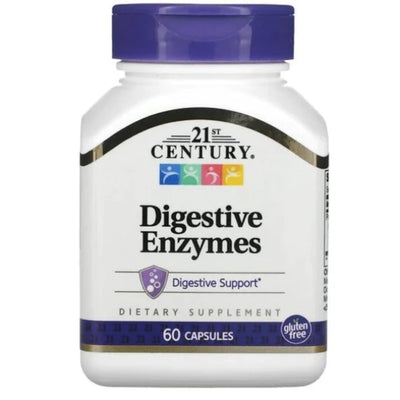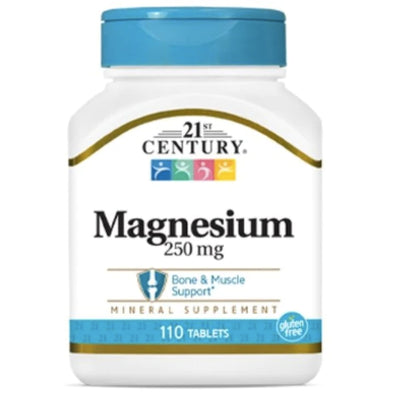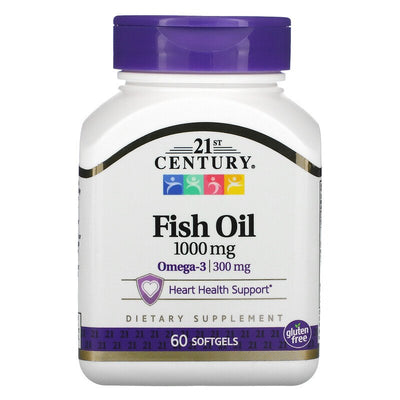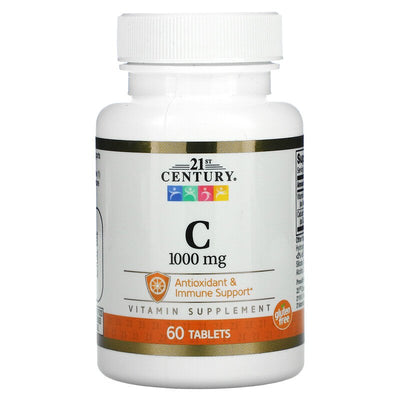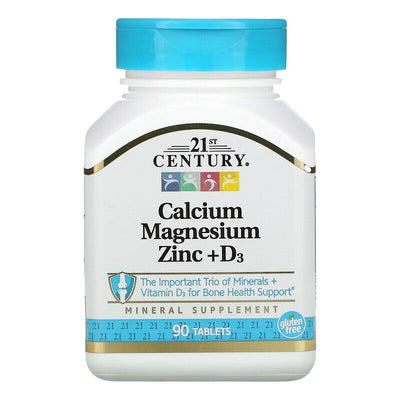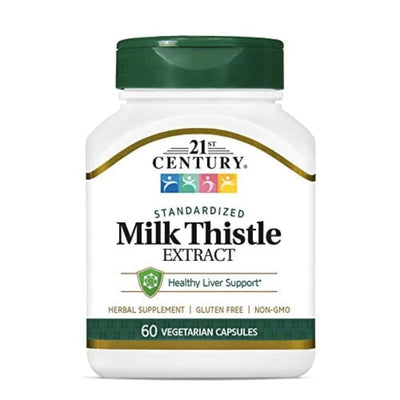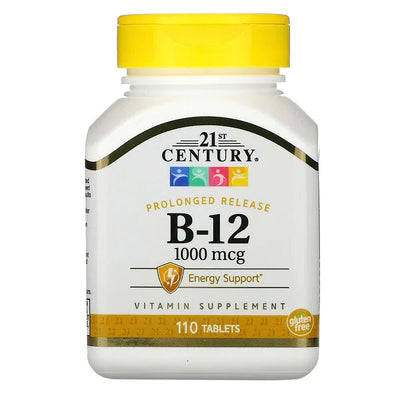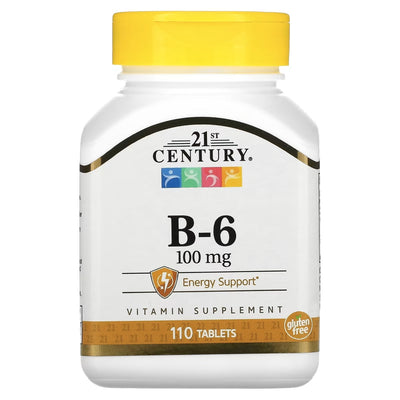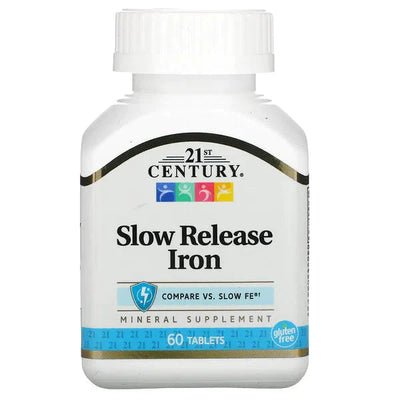
Creatine and Alcohol: Understanding Their Impact on Absorption and Effectiveness
The Basics of Creatine
Creatine is a popular supplement among athletes and fitness enthusiasts due to its ability to enhance muscle energy production, improve high-intensity exercise performance, and accelerate muscle growth. Typically stored in the muscles, creatine helps regenerate ATP, the primary energy currency of the cell, which is crucial during short bursts of intense physical activity.
How Alcohol Interferes with Creatine
Impairment of Creatine Absorption
Alcohol can interfere with the normal digestion and absorption processes in the gastrointestinal tract. Alcohol consumption leads to inflammation of the stomach lining and can alter the secretion of digestive enzymes. This disruption can impair the body’s ability to effectively absorb creatine, diminishing its potential benefits.
Dehydration Effects
Creatine requires water to be stored in the muscles effectively — a process known as creatine loading. Alcohol is a diuretic, which means it increases urine production and can lead to dehydration. When the body is dehydrated, creatine retention is compromised, reducing its efficacy and potentially leading to cramping and other issues.
Impact on Muscle Recovery
Alcohol consumption can reduce protein synthesis, a key process needed for muscle repair and growth. Since creatine's effectiveness is partly dependent on its ability to aid muscle recovery and growth, alcohol can negate these benefits by inhibiting recovery processes.
Reduced Energy Levels
Alcohol can alter sleep patterns and decrease sleep quality, leading to reduced energy levels. Since creatine’s role is to increase energy availability for muscle contractions and performance, the lack of quality sleep can counteract the energizing effects of creatine.
Managing Creatine and Alcohol Consumption
To maximize the effectiveness of creatine supplementation while consuming alcohol, consider the following tips:
- Moderation: Limit alcohol consumption, especially during periods when maximizing physical performance and muscle gain is crucial.
- Hydration: Increase water intake when consuming alcohol to help mitigate its diuretic effects and support creatine absorption and function.
- Timing: Avoid alcohol consumption close to workouts and creatine supplementation times to minimize its impact on creatine absorption and effectiveness.
Conclusion
While occasional moderate alcohol consumption may not drastically hinder the benefits of creatine, regular or heavy drinking can significantly impair its absorption and effectiveness. By understanding the interaction between alcohol and creatine, individuals can make informed decisions about their consumption habits to ensure they are getting the most out of their supplements. For more information on quality creatine supplements and expert advice, visit Supps247, your go-to resource for all your fitness supplement needs.







